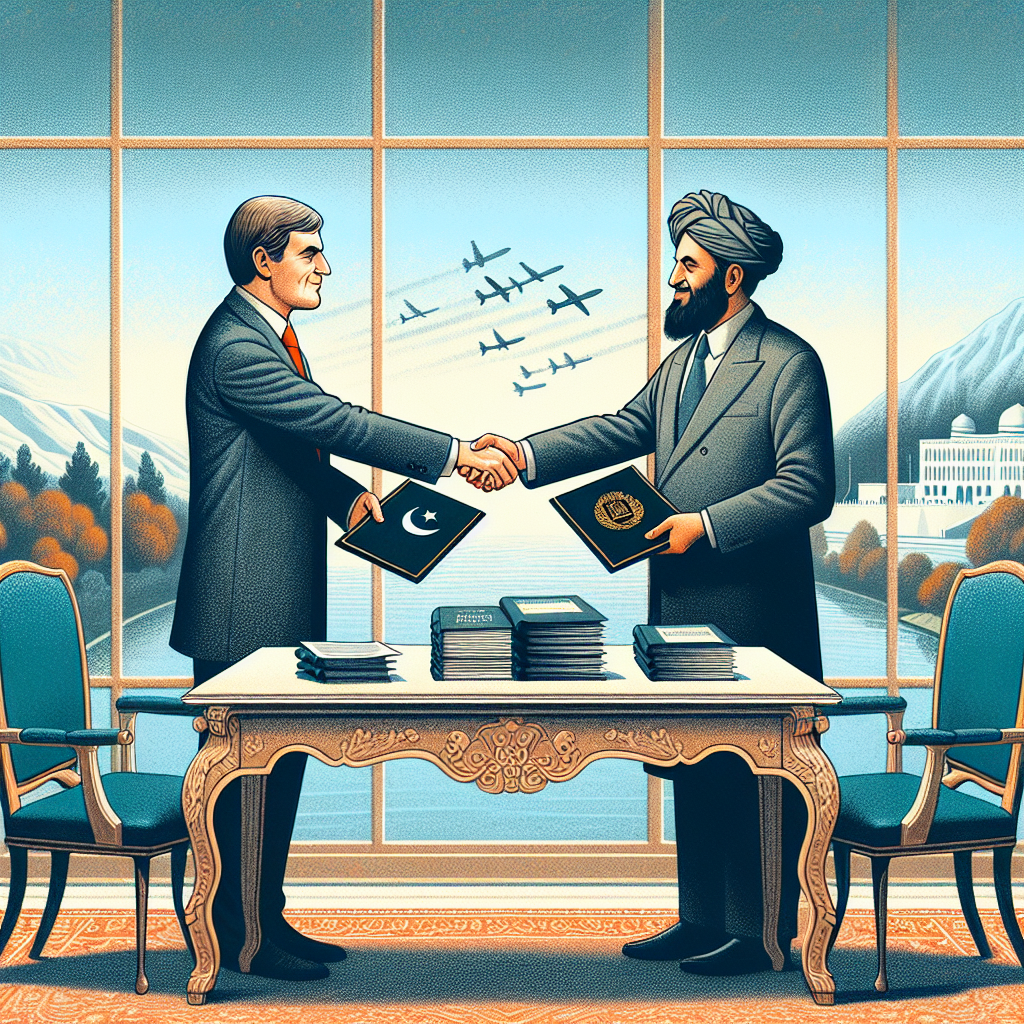IEA Denies SIGAR Allegations on Foreign Entities in Afghanistan
IEA Refutes SIGAR’s Claims on Foreign Influence in Afghanistan
Introduction
The International Energy Agency (IEA) has officially denied allegations made by the Special Inspector General for Afghanistan Reconstruction (SIGAR) regarding the involvement of foreign entities in Afghanistan. This article delves into the details of the IEA’s response and the implications of SIGAR’s claims.
Background
SIGAR, a U.S. government body responsible for overseeing reconstruction efforts in Afghanistan, recently released a report suggesting that foreign entities have been exerting undue influence in the country. The report raised concerns about the potential impact on Afghanistan’s sovereignty and stability.
IEA’s Response
The IEA has categorically denied these allegations, emphasizing their commitment to maintaining Afghanistan’s independence and integrity. Key points from the IEA’s response include:
- Rejection of claims regarding foreign interference in Afghanistan’s internal affairs.
- Assurance of transparency and accountability in all dealings within the country.
- Commitment to working with international partners while safeguarding national interests.
Implications of SIGAR’s Allegations
The allegations by SIGAR have sparked a debate on the role of foreign entities in Afghanistan. Concerns have been raised about:
- The potential erosion of Afghanistan’s sovereignty.
- The impact on international relations and partnerships.
- The need for increased oversight and regulation of foreign involvement.
Conclusion
In summary, the IEA has strongly refuted SIGAR’s allegations, emphasizing their dedication to Afghanistan’s sovereignty and transparency. The situation highlights the ongoing challenges in balancing international cooperation with national integrity. The debate underscores the importance of clear communication and accountability in international relations.






